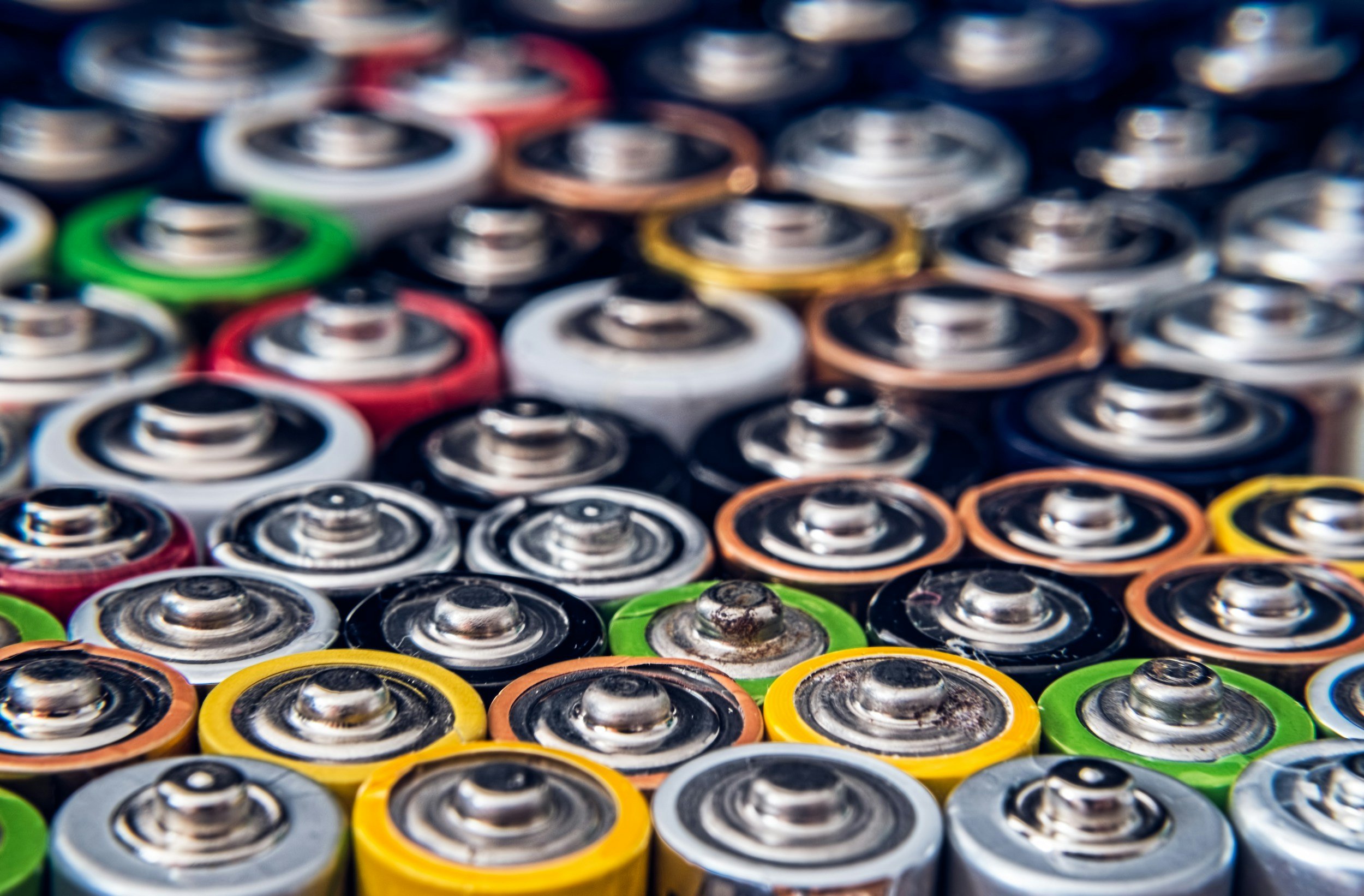The Importance of the Safe Disposal of Batteries
Electric cars, cell phones, remote controls or even for the transplants of organs, more and better batteries are needed. But quite often the disposal of batteries after their lifecycle comes to an end is overlooked. Everyone in certainty should know that UK Construction Waste Co recognises the significance of battery disposal and recycling. Today, we are going to discuss why careful disposal of batteries is needed, what can happen if it were to be mishandled without any considerate measures, and how sustainability comes into action.
Key Takeaways
Environmental risks include the leakage of heavy metals from batteries into soil and water through waste, leading to pollution as well as health hazards.
Poor disposal of batteries, especially the lithium-ion type can lead to fires with associated safety risks and possible legal liabilities.
Safely storing used batteries, not placing them in general waste bins, and taking them to the relevant recycling points is known as correct battery disposal.
The collection, sorting, and processing of the batteries through a rigid process is providing safer recycling of batteries by UK Construction Waste Co. Ltd for a more secure environment and natural sustainability.
Understanding Batteries
What Is a Battery?
One other definition of battery is that it is an independent power source, that uses stored or trapped form chemical energy directly into electricity using electrochemical reaction. Each is made up of two electrodes - the anode (that has a short leg that corresponds to its negative side) and the cathode (with a long leg indicating positive, but typically longer than most other devices you will use). All four flat-lead legs also separate with multiple layers in between. Electricity is generated, and electrons flow from the anode side to the cathode side when the circuit is closed each time. Batteries come in various forms, including:
Alkaline Batteries: Often found in the home such as a TV remote or clock.
Nickel-Cadmium (Ni-Cd) Batteries: Commonly used in rechargeable equipment flashlights, radios, and mobile phones.
Lithium-Ion (Li-Ion) Batteries: Used in popular electronic devices and electric vehicles because of their higher specific energy than other rechargeable batteries.
The Growing Use of Batteries
From small watch batteries to large industrial batteries, they power a wide range of devices and are indispensable for many applications. With the recent rise of e-cigarettes, and electric vehicles, we want to know just how dangerous lithium-ion batteries are once they are lit on fire - and after disposal as well, because potential disposal hazards are bad.
The Risks of Improper Battery Disposal
Environmental Hazards
Not only were the batteries harmful but would soon leak and contaminate the environment. If you throw them in the trash, they will eventually be buried in a landfill and their heavy metals—lead, mercury, or cadmium—will seep into the ground and water supply. There are serious risks to public health and ecosystems due to this contamination.
Fire and Safety Hazards
Complex batteries like the kind in EVs, and most lithium-ion batteries in general, can turn into weapons of mass destruction if you discharge them completely, or, worse still if you start poking them with things. Fires caused by household waste containing batteries in the UK run at almost 700 a year. Their destructive flames imperil countless lives and consume waste management sites.
Legal Implications
There is a legal requirement for companies and private persons to handle batteries being transported properly. Failure to properly dispose of items can lead to incredibly large fines with a £5,000 fine for business breaching the duty of care. Sticking to these regulations is not only important in terms of complying with environmental policies, but from a legal perspective, it is essential.
Best Practices for Safe Battery Disposal
Proper Storage
After use, protect batteries from sunlight, and before recycling, batteries should be stored in cool and dry areas Now, where heat and humidity can cause the battery to rupture or break and lead to a fire.
Avoid General Waste Bins
Do not place batteries in the general garbage or recycling bin. These batteries pose a fire risk during transport and handling; an ecologically hazardous waste due to the leaching of heavy metals into the soil water if not disposed properly.
Use Designated Recycling Points
Use your old batteries in the recycle bins. Some lithium-ion battery recycling is offered by retailers and local councils. Make sure to cycle charge the batteries the right way for your particular battery type, specialised handling of lithium-ion batteries is required
Recycling Process
UK Construction Waste Co has a strict recycling process to safely and effectively eliminate batteries:
Collection: Batteries are collected from various designated points.
Sorting: Batteries are sorted by type to ensure proper handling and recycling.
Processing: Different types of batteries undergo specific recycling processes to extract valuable materials and safely dispose of hazardous components.
The Role of UK Construction Waste Co
We assist companies and individuals alike to take care of battery waste products efficiently. We offer a broad range of waste management services-ensuring that all types of batteries are properly handled and disposed of by the law. When you select UK Construction Waste Co, you also pick a safer, more sustainable planet.
Conclusion
Ensure your batteries are disposed of correctly to protect the environment from contaminants, avoid fires, and stay compliant with the regulations! Battery recycling is a general standard and is extremely recommended for this sort of bioengineering dangerous results, but there are some dangers of having recourse to it so that we can make sure that a cleaner and safer world. Offsetting the risks that come with battery disposal can be achieved by practising best practices and using a professional recycling service.
For more information on our battery disposal services and how you can safely manage your battery waste, visit UK Construction Waste Co. or contact our customer support team. Let's work together to ensure safe and sustainable waste management.


